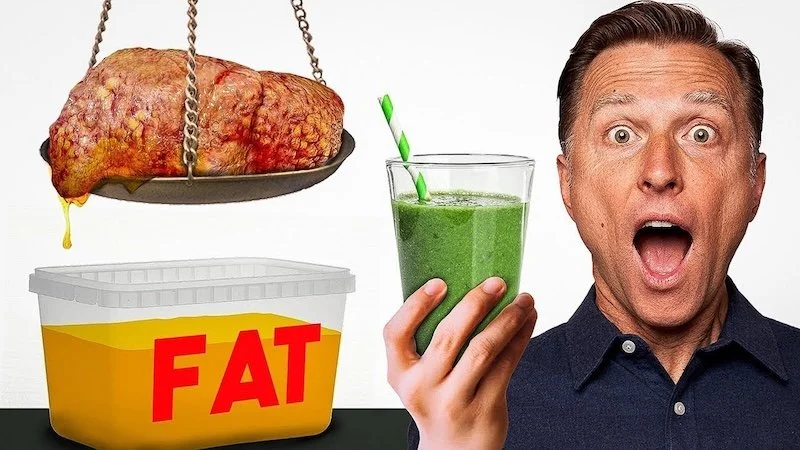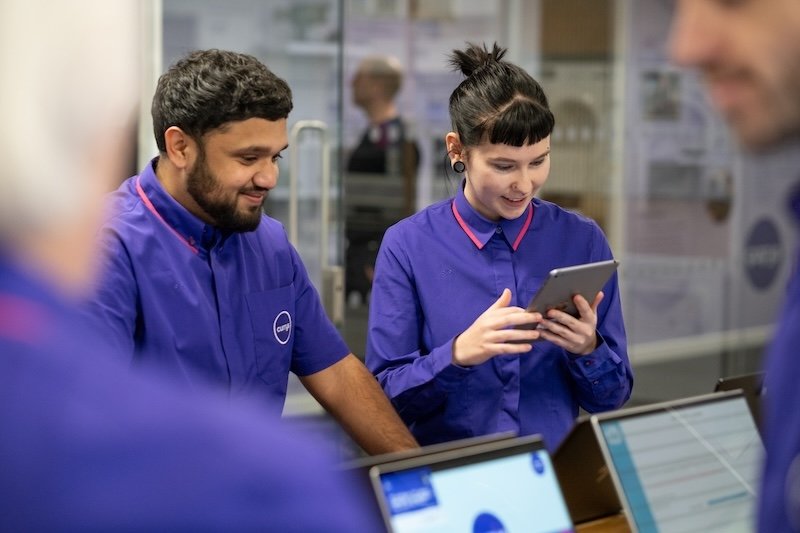Food Rocket and Alimentation Couche-Tard grocery delivery tie up “had disaster written all over it”
Rapid grocery delivery startup Food Rocket is no more, with visitors to its website being greeted with the message, "We are closed. Thanks to everyone who was with us."
“In spite of overall profitability, we ran out of capital while struggling to raise additional funding,” it said.
Last year, Food Rocket announced a $25 million Series A investment round.
It said that this would be used to expand its offering in Chicago and other cities throughout the US, as well as reinforce its AI enabled software and enhance the team.
The lead investor was Alimentation Couche-Tard (ACT), which has more than 14,000 Circle K and Couche-Tard locations in 26 countries and territories, including 7,000+ in the US.
Through the partnership, Food Rocket was working with Circle K to explore ways in which the convenience store chain could extend its brand experience and offerings to customers beyond its physical stores through e-commerce and delivery.
Meanwhile, Food Rocket expected to benefit from Circle K’s size and scale, consumer insights, marketing expertise, procurement network and supply chain efficiencies to expand its offerings into categories beyond grocery, improve its purchasing power, reduce costs and grow profitability.
This was an accident waiting to happen, according to Brittain Ladd, a supply chain consultant and former Amazon executive.
In a LinkedIn post, he said: “Imagine you’re the CEO of an $8B convenience retail chain with approximately 9,300 c-stores in North America, with more than 7,100 in the United States and approximately 2,100 in Canada for a worldwide total network of approximately 14,200 stores.”
“As the CEO, you want to maximise sales at each store and you want to provide customers with additional services, like being able to order products online and even food, for delivery.”
“Which of the following strategies do you choose? Acquire Grubhub and create a customer specific delivery service; Partner with DoorDash, Uber Eats, Grubhub and other third party food delivery companies; Invest $25 million into an unknown startup named Food Rocket, a rapid delivery company ran by a team from Russia with no experience operating in Canada or the USA. Cue the Jeopardy music.”
He added: “Option three was arguably the worst possible choice. Note: Other executives at the company made the recommendation to the CEO. Those executives didn’t know what they were doing.”
“The partnership between Food Rocket and Couche-Tard had disaster written all over it. The majority of rapid grocery delivery companies had already failed by the time they signed their partnership.”
“However, Food Rocket claimed that they were different as they would use inventory provided by Circle K. It didn’t matter. Food Rocket still operated exactly as other quick commerce companies in terms of fulfilling and delivering orders.”
Ladd continued: “The announcement that Food Rocket has shut down isn’t a surprise to me. The founder of Food Rocket and other team members frequently reached out to me for advice. I like the founder and team, and I understood how hard they were working.”
Now back at square one, Couche-Tard should, in Ladd’s opinion, contact DoorDash and ask them to design a solution for delivering everyday essential items and food to customers.
It doesn’t have the executive team in place to acquire Grubhub, he believes, but other options include partnering with Fulfill Solutions, Instacart, Uber, HelloFresh or Temu. Attabotics should also be contacted.















Continue reading…